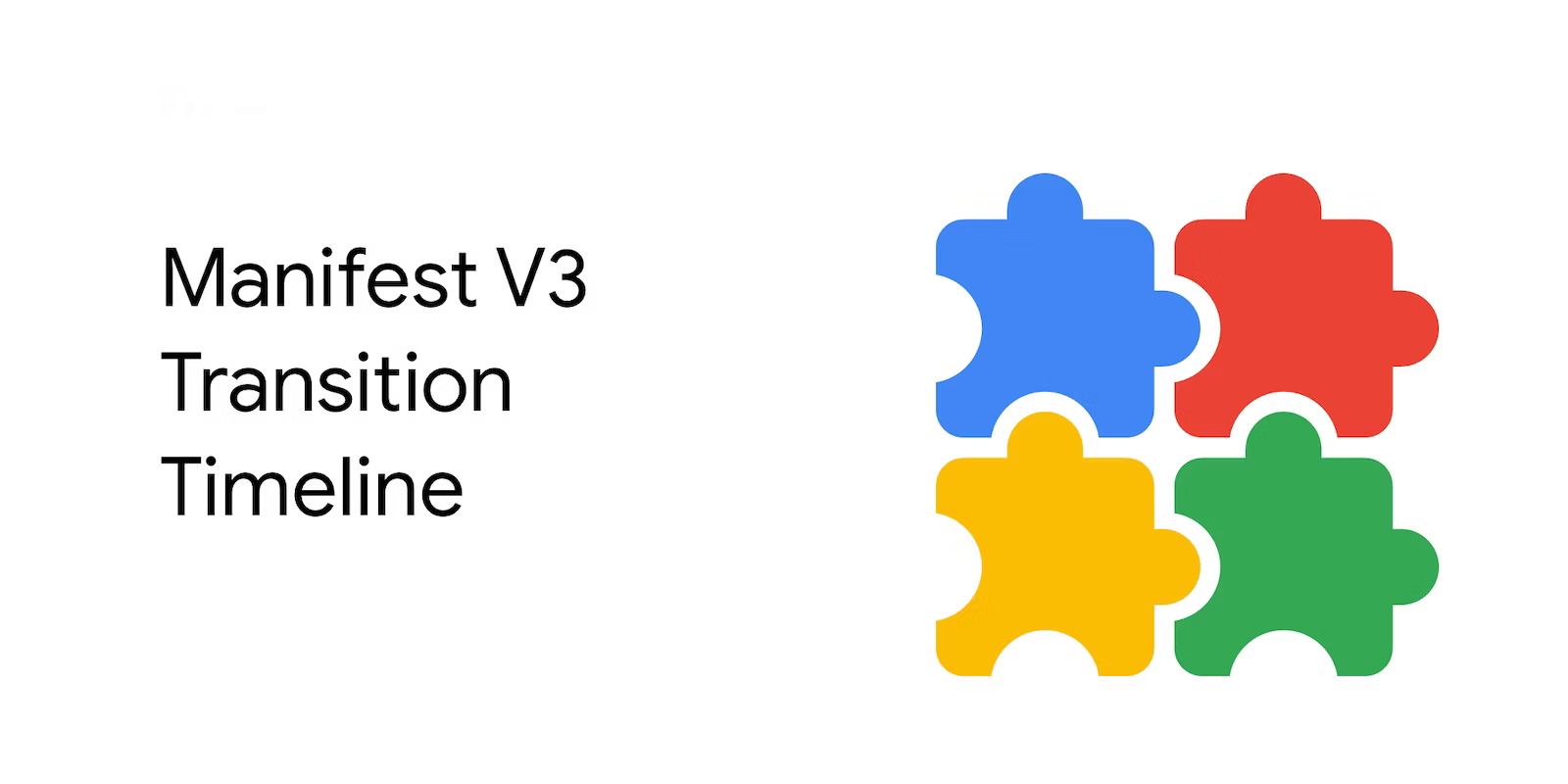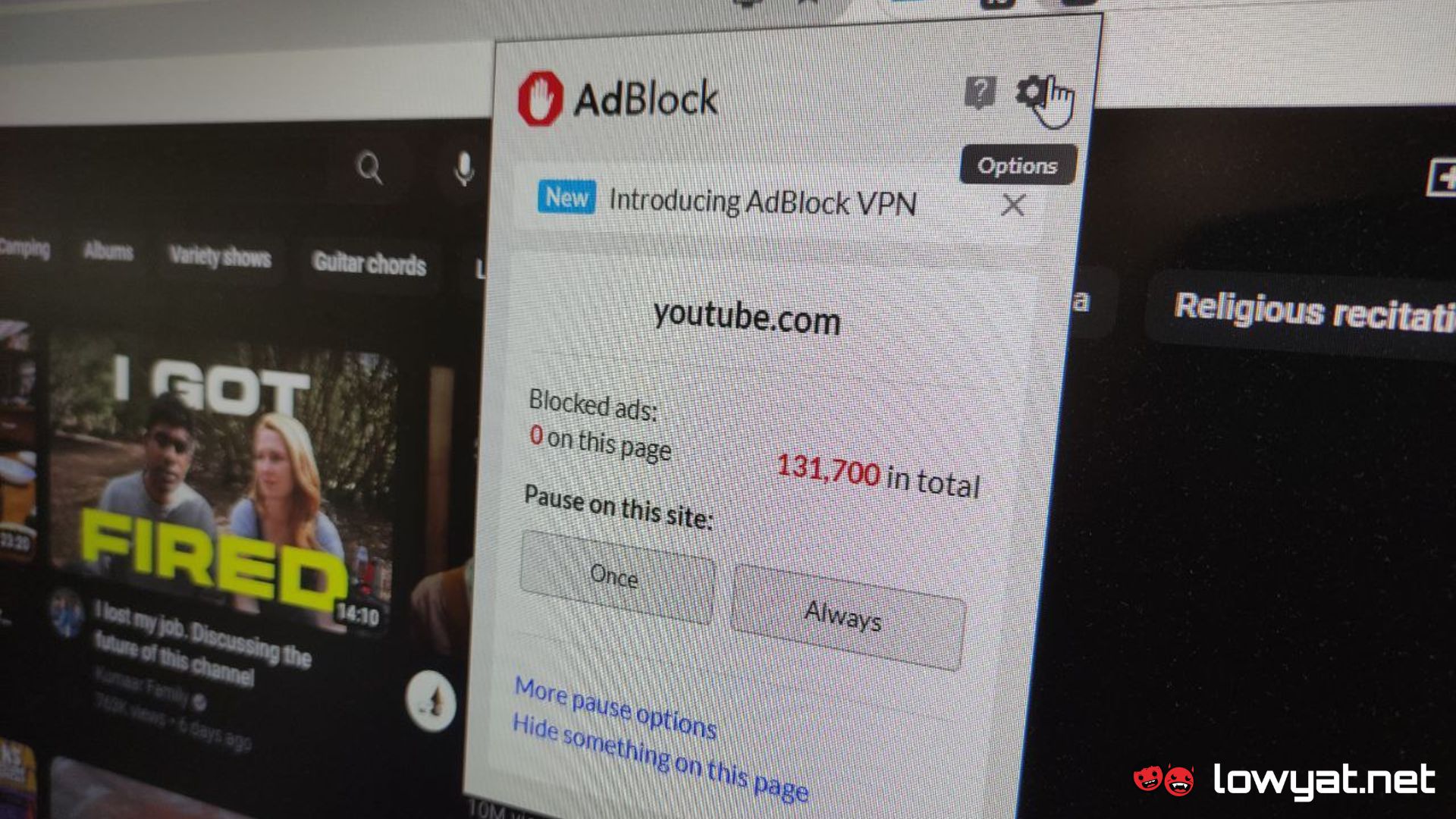We all know that Google has never been a fan of adblockers for a long time; as a matter of fact, it can even be said that they have labelled the humble extension as enemy number one. However, following their failed attempt at stopping the tool on a global scale, Google has dialled back their approach to the beloved software moving forward.
Most recently, the tech giant has been trying to crack down on ad blockers for quite some time, with their main trump card being the Manifest V3, a software built into Chromium-based browsers (which includes but is not limited to Chrome, Microsoft Edge, and Opera) that are capable of running extensions. When it was announced back in 2019, the software received a substantial amount of backlash from the community and developers at large as it would limit the functionality of ad blockers.

Google reasoned that this new Manifest is designed to prevent extensions from accessing “potentially sensitive user data” and will make it “safer to everyone”. Regardless, developers and privacy supporters were not too keen on this change, thus leaving this updated manifest to remain in development limbo.
Via an updated timeline for Manifest V3, the company announced the loosening of its restrictions on ad blockers, giving their respective developers leeway to function as normal moving forward. In addition, Google mentioned that it will also continue with the deprecation of Manifest V2 as early as June 2024, meaning that extensions that have not updated or have not kept pace with the V3 at the given date will no longer be available for download at the Chrome Web Store.
🧩AdGuard’s journey with Chrome’s Manifest V3 has been a long one: from resistance to cautious optimism, in the large part by collaborative effort.
Today, our CTO and co-founder Andrey Meshkov discusses key developments and the current state of MV3.https://t.co/1vHd1B2Z8P
— AdGuard (@AdGuard) November 8, 2023
The change has received positive feedback, namely from AdGuard’s chief technology officer, Andrey Meshkov, but he does not believe that the Manifest V3 will improve browser security and privacy. It is also important to note that this is not a sign of peace between Google and ad blocker developers. Seeing that the global crackdown of ad blockers on YouTube and the revising of Manifest V3 may seem linked, this seems like another causation-correlation fallacy, which wouldn’t be surprising if it really was the case.
(Source: The Verge, Google, Ad Guard [1] [2])
Follow us on Instagram, Facebook, Twitter or Telegram for more updates and breaking news.



